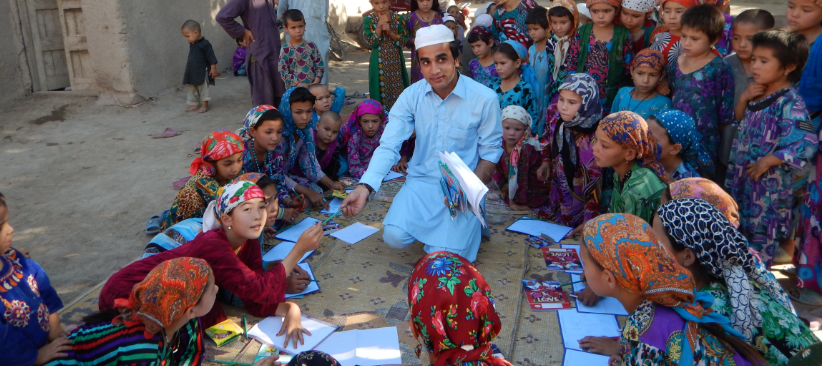Water, Sanitation, and Hygiene(WASH) interventions are a cornerstone of our humanitarian and development efforts, aimed at improving public health outcomes and ensuring dignity, particularly among vulnerable and underserved populations. Our WASH programming includes comprehensive hygiene and sanitation promotion through targeted awareness-raising campaigns, community-based training sessions, and the distribution of essential sanitation and dignity kits. These efforts are designed not only to reduce the transmission of waterborne diseases but also to foster behavioral change that supports sustainable hygiene practices.
In line with national priorities, such as those outlined in Afghanistan national priorities we work in close collaboration with relevant sectors, local authorities and stakeholders to ensure our interventions are contextually appropriate and scalable. Our work also aligns with key international frameworks, including the Sustainable Development Goals (particularly SDG 6: Clean Water and Sanitation), the Sphere Standards, and the Humanitarian WASH Cluster guidance.
To increase equitable access to safe drinking water, we construct and rehabilitate wells and establish water supply networks in hard-to-reach and high-risk communities, as well as in schools, and public spaces with a focus on easy access, gender-sensitive and child-friendly designs. We recognize that access to potable water is not only a basic human right but also a prerequisite for improved health, education, and economic development.
Moreover, we support the construction of household, communal, and institutional latrines, especially in schools and public places, to eliminate open defecation and ensure safe sanitation for all. These facilities are designed with attention to safety, accessibility, and privacy, particularly for women, girls, and persons with disabilities, thereby contributing to broader gender equity and protection goals.
Through these integrated WASH interventions, PACo contributes to national and global commitments to improve water and sanitation infrastructure, promote public health, enhance community resilience, and uphold the dignity of affected populations, leaving no one behind.
